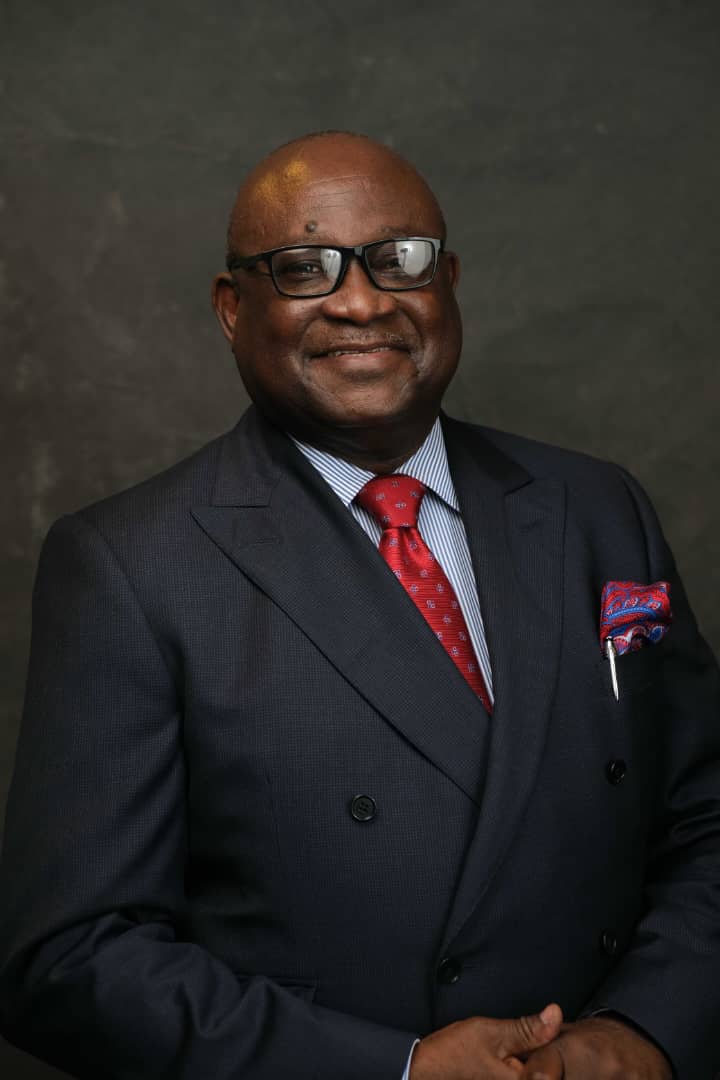By Zion Rufus
Udeme Ufot, the Group CEO of SO&U and Co-Chair of the THECS Policy Commission of the Nigerian Economic Summit Group (NESG), delivered a warm welcome address at the General Assembly of the NESG Creative Economy Thematic Group (CETG) under the THECS Policy Commission. The assembly was convened to shape the future of Nigeria’s creative sector and maximize its potential for economic growth.
During his speech, Ufot highlighted the substantial number of people currently employed across the five sub-sectors of Nigeria’s creative industry, as defined by the National Bureau of Statistics.
These sectors include Media and Entertainment, Beauty and Lifestyle, Visual Arts, Tourism, and Hospitality. With over 4.2 million individuals employed, Ufot emphasized the potential for further job creation and contribution to the national GDP, surpassing the current 12.2% from the telecommunication and information sector. He expressed his optimism, stating that if fully harnessed, Nigeria’s Creative Economy could even outperform the oil industry, given the country’s large population of highly talented youths.
Nigeria’s creative sector has gained recognition both within Africa and globally, with Nigerian music, films, and art making a significant impact. Ufot highlighted the international success of Nollywood stars, who often receive more acclaim across Africa and the Caribbean than at home. Citing a presentation from six years ago, Ufot emphasized Nigeria’s dominance in the African creative industry, with seven out of the top ten pop artists being Nigerian. This dominance has contributed to the promotion of Nigeria’s diverse culture and has driven tourism, including reverse tourism by diaspora Nigerians.
Recognizing the achievements of Nigeria’s creative industry, (the United Nations World Tourism Organization (UNWTO) hosted the first International Conference on Culture, Tourism, and Creativity in Lagos in collaboration with the Federal Ministry of Information and Culture and the NESG), Ufot expressed his consideration of this milestone as evidence of the industry’s potential and its positive impact on Nigeria’s economy.
However, to ensure full optimization of the potential of Nigeria’s Creative Economy, Ufot stressed the need to transition the sector from its current disconnected and informal model to a more structured and interconnected industry with formal systems and protocols. Going further, he emphasized the importance of collaboration among critical stakeholders in the Nigerian Creative and entertainment space, spanning all sectoral segments of the NESG THECS.
While delivering his address, the Co-Chair also outlined ongoing initiatives and policies, such as the Copyright Act and Intellectual Property Rights Policy, which are crucial for securing and sustaining value for industry operators. Additionally, he highlighted the significance of data collection, establishing frameworks and relationships, and unlocking access to finance for operators to fuel industry growth.
The Creative Economy Thematic Group has been working diligently to craft a work plan that will be presented for consideration and approval. This comprehensive roadmap aims to accelerate the potential of Nigeria’s creative economy.
In closing, Ufot expressed gratitude to the attendees for their valuable contributions and urged them to actively shape the final resolutions of the assembly. He emphasized their vital role in advancing the creative economy and their commitment to serving the national interest.
The Nigerian Economic Summit Group (NESG) has been at the forefront of facilitating social and economic reform programs for the growth and transformation of the Nigerian economy.
With an established platform for public-private dialogue, NESG has fostered an excellent working relationship with the government, public sector, private sector, and other stakeholders. The flagship event, the Nigerian Economic Summit (NES), provides an opportunity for government and private sector representatives to review economic reform progress and agree on practical ways to address challenges hindering effective policy implementation.






Comment
No comments found.